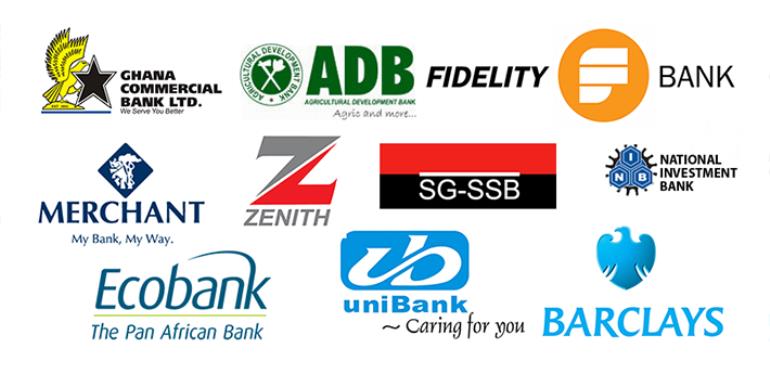It was not my intention today, Tuesday, 16 April 2019, to write about the collapse of financial institutions, thus banks and microfinance, in the country. However, the latest difficulties being faced by Paa Kwesi Nduom’s bank (G. N. Bank) to honour the payment of its depositors’ money when they call at the bank for withdrawals as received on my WhatsApp page today has necessitated this publication. The spate of recent collapse of banks and microfinance institutions, some of which had turned out to be Ponzi schemes, is very alarming. I can actually not get my head around this problem. I am suffering sleepless nights over this issue that has the potential to put brakes on the economic development of the country.
Ghanaians who genuinely deposited their money with these banks and microfinance institutions now stand to lose part, if not all, of their money. I will not want to play a fool by depicting my ignorance in finance but I may have to ask a few questions in my aspirations to get to the bottom of why Ghanaians are dubiously losing their money through the collapse of the banks.
Since the era of the Provisional National Defence Council (PNDC) military junta government under the Chairmanship and later the presidency of Flt. Lt. Jerry John Rawlings, some banks have emerged in Ghana only to end up swindling their customers. Such banks that are on the outset with intent to dupe their customers are called Ponzi scheme banks.
Ponzi scheme is defined as "a swindle in which a quick return, made up of money from new investors, on an initial investment lures the victim into much bigger risks" and it is named after Charles Ponzi (died 1949), the organizer of such a scheme in the U.S. in 1919–20"
In Ghana, I wonder why most initiatives taken with good intentions end up becoming a curse. When former President John Agyekum Kufuor and his New Patriotic Party (NPP) government took over the reins of government from then outgoing President J. J. Rawlings and his National Democratic Congress (NDC) government, the country was beset with financial constraints. There was practically no funds in the State coffers. Therefore, President Kufour initiated several macrofinance policies to raise money to fulfil all the financial obligations of the economy and find solutions to meet the obligations. Subsequently, he initiated microfinance policies to enable job creation for the people to alleviate them of […]
